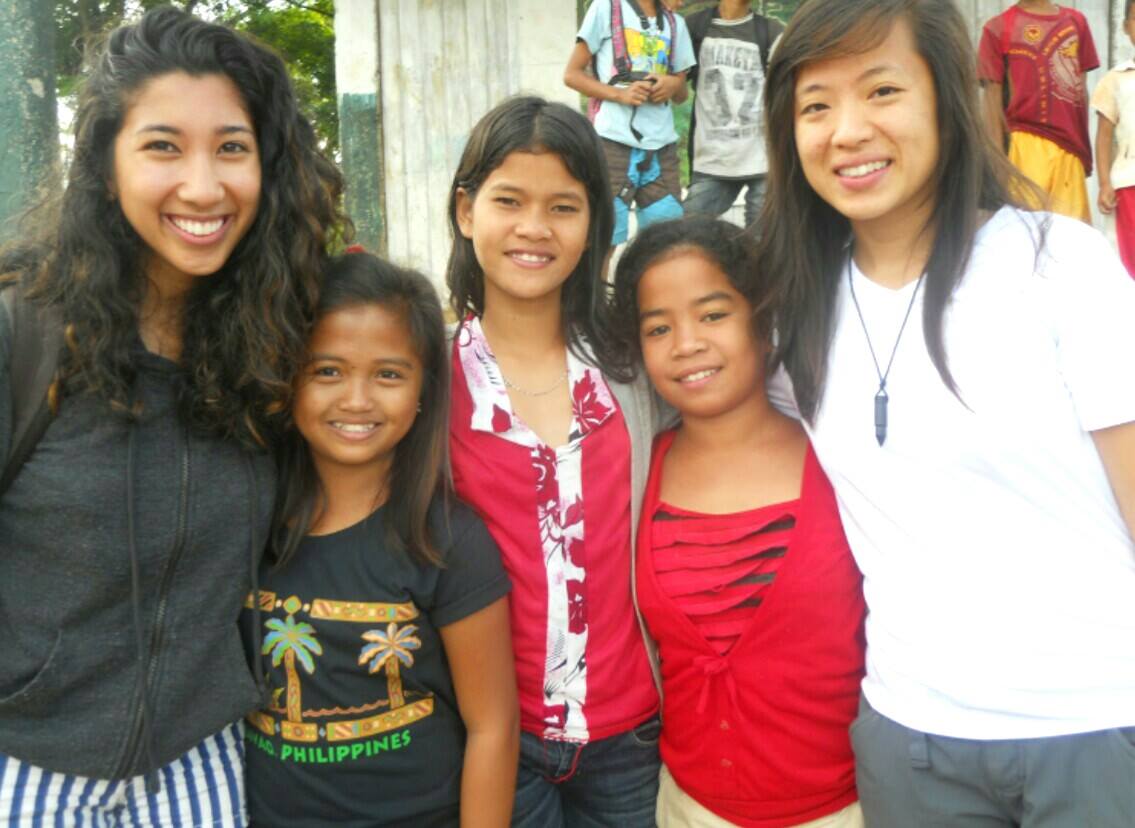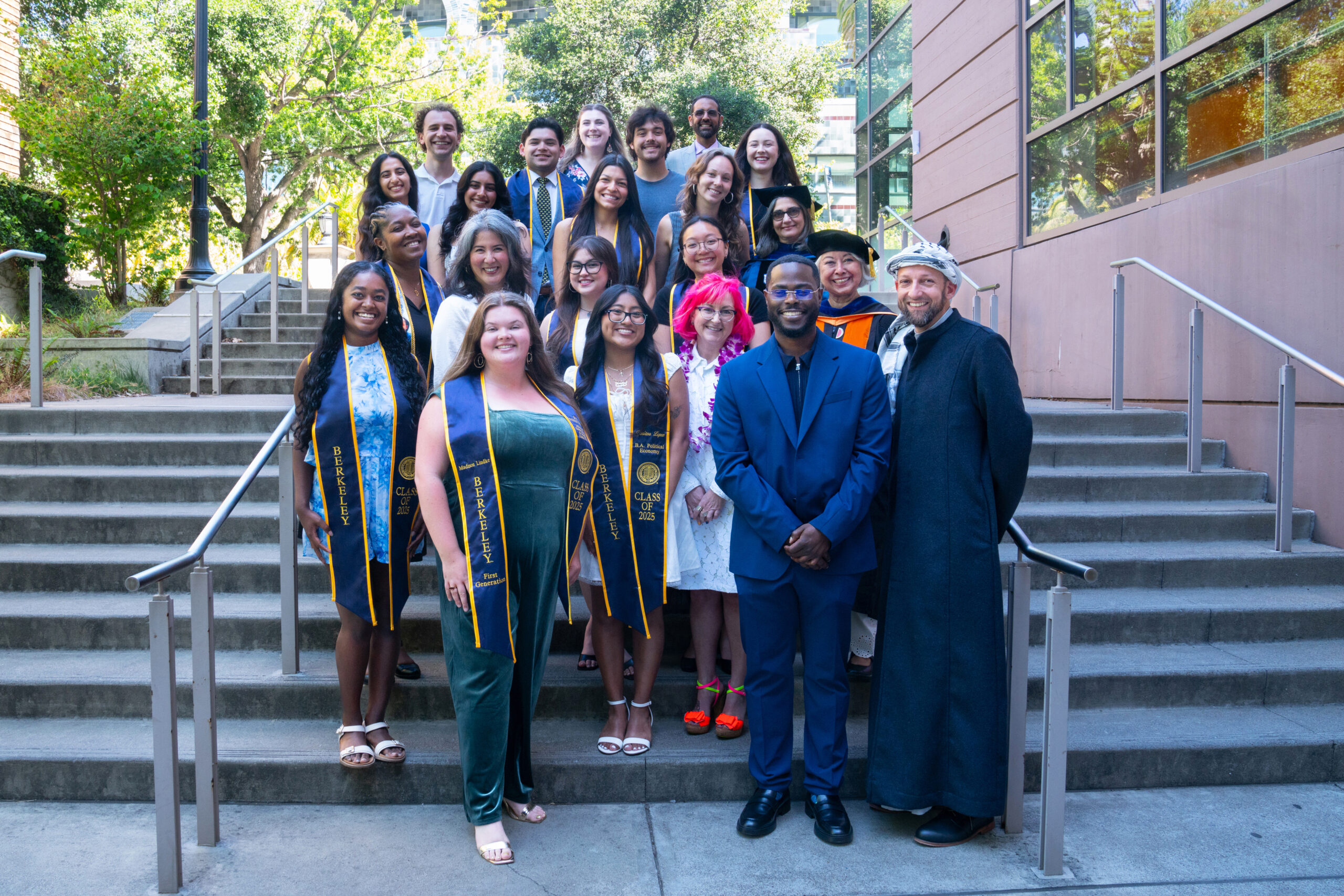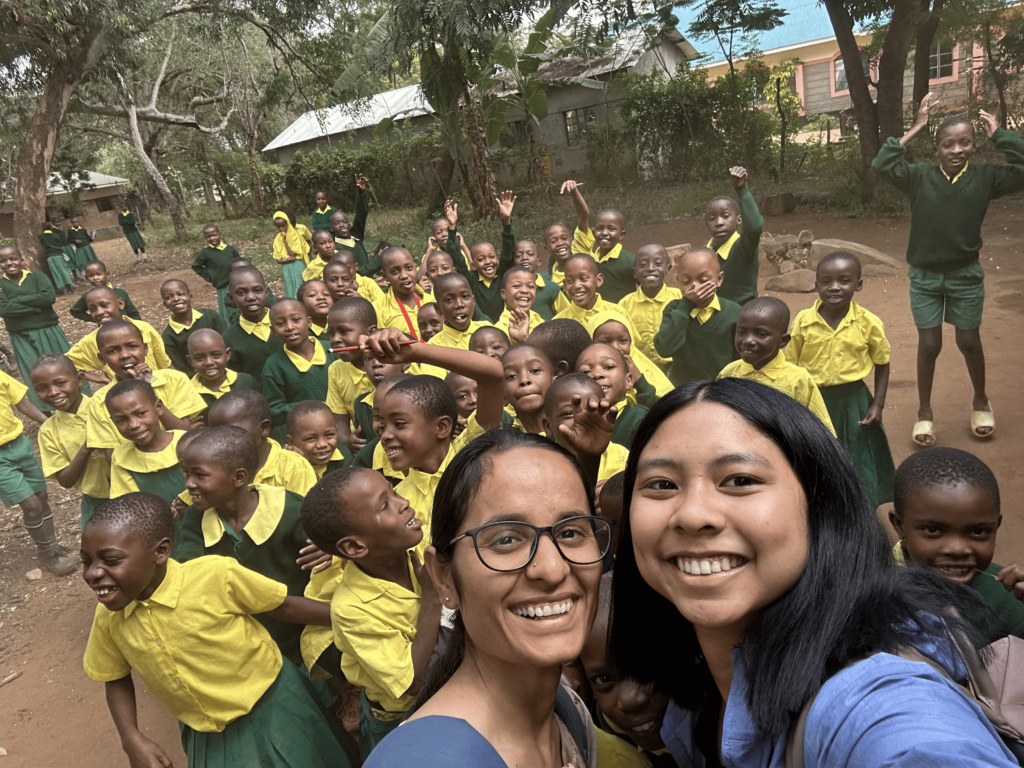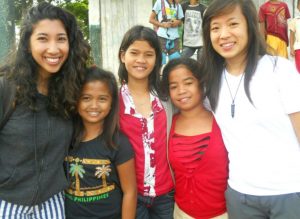
By Rachel Dzombak and Chloe Gregori
The Sustainable Development Goals (SDGs) represent a prioritized agenda for global change by 2030, with objectives such as the elimination of poverty and an end to world hunger. The SDGs present an integrative approach to development by addressing intersectional linkages of poverty that lead to global inequality. The fifth SDG entitled “Gender Equality” is a strong example of this cross-cutting new approach. SDG 5 measures gender equality along nine broad dimensions including increasing access to education for girls, ending gender discrimination, eliminating sexual violence, addressing unpaid work, and increasing female political participation.
In order to truly take action, society, and by extension universities, must address the many nuanced ways in which gender inequality manifests, as well as its systemic causes and its complex interactions with other forms of discrimination. In response to SDG 5, the Blum Center for Developing Economies at UC Berkeley is reexamining what academia can do to improve gender equity – in the classroom and in society. From discussions with faculty, students, and staff, four key insights are emerging.
1. Provide students (of all genders) opportunities to establish empathy
A critical first step for students is to understand why gender equality exists, why most difficult issues in society are not gender neutral, and why working toward gender equality is a worthy pursuit. To that end, establishing empathy for a community or population increases students’ motivation to work on a challenge area and heightens their awareness of problem implications. In order to bring the complexities of gender equity and other global problems alive for students, the Blum Center facilitates connection with those that know and live the problem. This includes examining the root cause of gender inequities in our courses, working alongside marginalized individuals who experience discrimination firsthand in our fieldwork, and discussing strategies in panels and events. Ensuring students of both genders engage in gender equity efforts is a challenge many universities face. Over 95% of fieldwork and projects dedicated to gender equality have been led by female students. Men have an active role in the pursuit of gender equality, but may not know where and how to engage. Whether by facilitating events on campus or supporting fieldwork opportunities, all students need opportunities to hear from and engage with varying perspectives.
2. Support faculty and classes that engage in gender dimensions
The Blum Center strives to support faculty who research and teach about the gender dimensions of global challenges. For some students, classes provide a “critical awakening” or a first exposure to the complexities of gender dimensions in development and everyday life. One Blum-affiliated course, “Water and Development,” taught by Professor Isha Ray, (Energy and Natural Resources, Gender Studies), covers not only the policy and technical challenges that prevent universal access to water, but also the gender implications of the lack of water and sanitation, and the work needed to address the issues. Many students refer to her class as transformative. As one graduate student reflected, “A lot of people say that we need to increase access to drinking water to prevent child mortality, and Isha always says: what about the health of the woman who is carrying the water on her back?” Engaging students with the nuanced implications of gender in anti-poverty work in the classroom allows them to take this perspective into the field, and into their future careers as development practitioners.
3. Connect students with mentors
Mentorship can drive students’ connections to projects and impact areas. Mentors take many forms: a faculty advisor shaping a research endeavor, an alum providing project feedback, or a peer student with experience in a particular subject area. Interviews with students reveal that mentors often inspire students to take on specific projects as well as enlighten students to a dimension they previously had never thought to incorporate. When a team works on a project but is unaware of the gendered implications, that represents an opportunity to connect the students with a mentor who can shed light on why their proposed intervention may differentially impact individuals of different genders. For women students in particular, having the opportunity to work with a female mentor can also grow their vision of the potential impact they can have. As one graduate student said, “The reason I continue to have a lot of interest in my project is that I’m a woman- working with a woman- with a women advisor- on a project for women…which is awesome.” The presence and continued support of mentors can solidify students’ intention to devote time, energy and resources to make impact, including around gender equality.
4. Broaden innovation ecosystem to encourage action from diverse sectors
Interdisciplinary problem solving, by diverse problem solvers, is necessary to tackle the world’s most urgent and complex problems. This is particularly true about gender-based inequality and violence. When addressing such multi-faceted issues, experts from multiple disciplines are required. Policy, technology, economics, social sciences, as well as other fields, must come together to enable changes to entire systems. As examples of this approach, the Blum Center’s Global Poverty & Practice undergraduate minor and Development Engineering graduate program include students across a wide variety of disciplines — from engineering, social sciences, to arts and humanities — all working together on real issues in and out of the classroom. This innovation ecosystem has supported the implementation of a screening tool for cervical cancer, community conversations around masculinity stereotypes, and a summer camp to encourage teenage girls to stay in school. This impact-oriented ecosystem also helps to recruit and retain women and underrepresented students in entrepreneurship and engineering. Over 60% of students across our programs are female (vs. 3% female CEOs, for example) and women-led teams are on average slightly overrepresented among winners of our annual Big Ideas contest. In addition to encouraging and training students to tackle gendered issues, universities also need to expand opportunities for women to become leaders in their respective fields.
Moving Forward
At the Blum Center, we are exploring strategies to make progress toward gender equality. We are interested in engaging with a wide variety of experts. We imagine there are many methods that should and can be implemented (and if you think so too, we’d love to hear them). At this point, what we know for sure is that we want to support individuals engaging in challenging conversations, provide space for students to feel comfortable tackling hard issues, and encourage knowledge sharing throughout our ecosystem. SDG 5 needs smart people working across disciplines, and with irrational determination to end inequality for women, viz., half the world’s population (and ⅔ of those living in poverty). It is our hope that helping students to engage in gender dimensions will prepare them to tackle the many forms of gender inequality as they become tomorrow’s leaders, and will inspire more impact makers to join the fight.
The Blum Center is UC Berkeley’s interdisciplinary hub for poverty action and poverty studies, bridging technology, scholarship and practice to tackle the world’s most pressing challenges. Home to thousands of like-minded students on the UC Berkeley campus, the Blum Center has been an advocate of gender equality since the center’s inception; over 20% of the Center’s project portfolio consistently focuses on gender-oriented projects, tackling both domestic and international challenge areas such as domestic violence, maternal health, community sanitation, and other issues that differentially affect men and women.
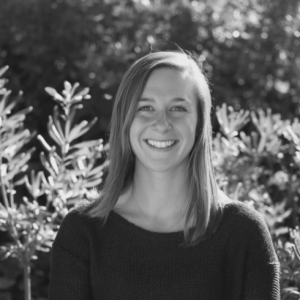 Rachel Dzombak is a PhD candidate in Civil and Environmental Engineering at the University of California, Berkeley. She currently researches the role of product design in enabling sustainable supply chain decisions as well as methods to increase women’s participation in STEM and entrepreneurship. She is in the Development Engineering PhD minor program offered through the Blum Center.
Rachel Dzombak is a PhD candidate in Civil and Environmental Engineering at the University of California, Berkeley. She currently researches the role of product design in enabling sustainable supply chain decisions as well as methods to increase women’s participation in STEM and entrepreneurship. She is in the Development Engineering PhD minor program offered through the Blum Center.
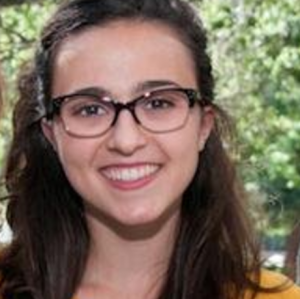 Chloe recently graduated in Peace & Conflict Studies with a minor in Global Poverty & Practice (GPP) from UC Berkeley. Her previous involvement as The Blum Center includes peer advising for the GPP minor, serving as the Director for the Anti-Trafficking Idealab, and working as a Program Assistant under the Director of Student Programs and the Director of Innovation. She is now Partnerships and Programs Associate at LeanIn.Org
Chloe recently graduated in Peace & Conflict Studies with a minor in Global Poverty & Practice (GPP) from UC Berkeley. Her previous involvement as The Blum Center includes peer advising for the GPP minor, serving as the Director for the Anti-Trafficking Idealab, and working as a Program Assistant under the Director of Student Programs and the Director of Innovation. She is now Partnerships and Programs Associate at LeanIn.Org

